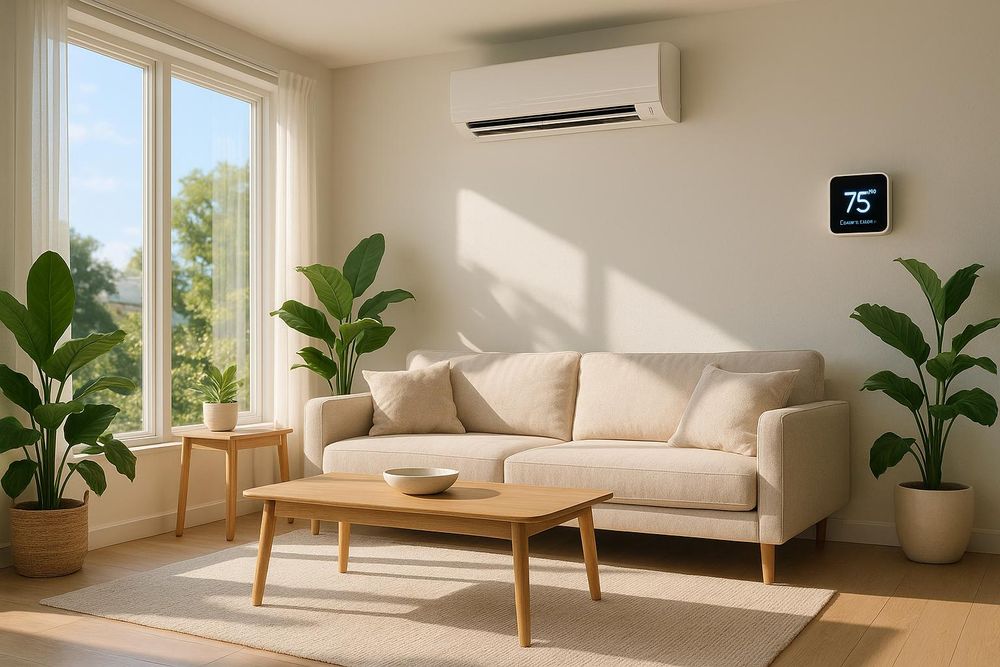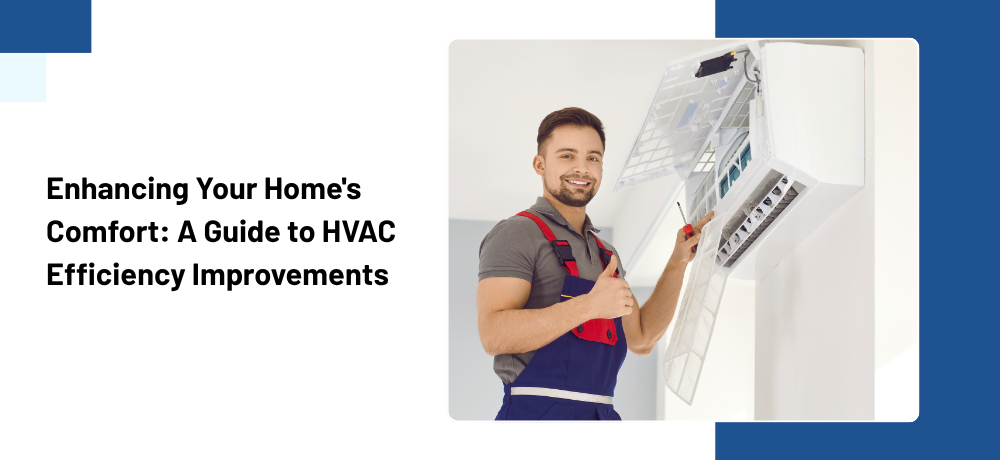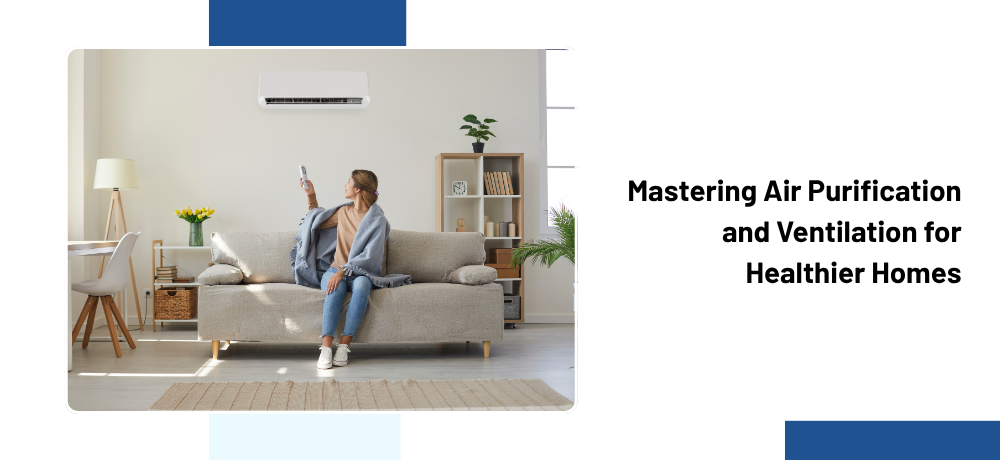Why Indoor Air Quality Matters in Corpus Christi Living in Corpus Christi, we’re no strangers to the salty Gulf breeze, but…
Featured
Categories
- All
- Corpus Christi
- Corpus Christi air conditioning
- Corpus Christi Comfort
- Corpus Christi home heating
- Cost Savings
- Energy Efficiency
- Healthy Environments
- Healthy Homes
- heating tips
- Home Comfort
- HVAC tips
- Indoor Air Quality
- Indoor Comfort
- Ventilation
- AC efficiency
- Air Purification
- cooling system optimization
- energy savings
- energy-efficient cooling
- energy-efficient heating
- Humidity Control
- HVAC
- preventative care
-

Categories: Corpus Christi , Healthy Homes , HVAC tips , Indoor Air Quality , Ventilation , Air Purification
How Air Purification and Ventilation Shape Healthy Indoor Spaces in Corpus Christi
Breathing Easy on the Gulf Coast: Why Clean Air Matters in Corpus Christi If you’ve ever stepped outside in Corpus Christi…
-

Categories: Corpus Christi air conditioning , AC efficiency , energy-efficient cooling
Discovering Energy-Efficient Cooling: Tips for a Comfortable Corpus Christi Home
Embracing Energy-Efficient Cooling in Corpus Christi Hey there, fellow Corpus Christi residents! If you're like me, you know that the Texas…
-
Categories: Corpus Christi Comfort , Healthy Environments , Indoor Air Quality , Humidity Control
Exploring Humidity Control Systems: Enhancing Indoor Comfort in Corpus Christi
Understanding the Importance of Humidity Control in Corpus Christi Living in Corpus Christi, we all know how the coastal climate can…
-

Categories: Cost Savings , Energy Efficiency , Home Comfort , HVAC
Enhancing Your Home's Comfort: A Guide to HVAC Efficiency Improvements
Discover the Path to Ultimate Home Comfort Imagine coming home to a perfectly balanced environment, where the air feels just right,…
-

Categories: Healthy Homes , Indoor Air Quality , Ventilation , Air Purification
Mastering Air Purification and Ventilation for Healthier Homes
Creating Healthier Homes with Air Purification and Ventilation In our journey to create healthier indoor environments, mastering the art of air…
-
Categories: Corpus Christi home heating , heating tips , energy-efficient heating
Exploring Energy-Efficient Heating: Your Guide to a Comfortable Corpus Christi Home
Understanding Energy-Efficient Heating for Your Corpus Christi Home Living in Corpus Christi, you know how essential it is to maintain a…
-

Categories: Corpus Christi , Energy Efficiency , Home Comfort , HVAC
Understanding Energy-Efficient HVAC Systems for Corpus Christi Homes
Why Energy-Efficient HVAC Systems Matter for Corpus Christi Homeowners As a homeowner in Corpus Christi, you understand the importance of maintaining…
-

Categories: AC efficiency , cooling system optimization , energy savings , preventative care
Understanding AC Efficiency: Tips for Optimizing Your Cooling System
Understanding AC Efficiency: Tips for Optimizing Your Cooling System As a homeowner in Corpus Christi or the surrounding areas, you understand…
-

How Wi-fi Thermostats Can Help You Save On Energy Bills
In today’s tech-savvy world, finding ways to reduce energy consumption while maintaining comfort in our homes is crucial. Wi-Fi thermostats…
-

How Do I Choose the Right Climate Control System for My Home?
Choosing the right climate control system for your home can be a daunting task. With so many options available, it’s…
-

Why Does My Vent Smell Like Something Is Burning? Tommy Cool Explains
If you’ve ever turned on your heater and noticed a strange burning smell coming from your vents, you’re not alone.…
-

8 Reasons to Upgrade to a Smart AC Remote Control Today
In today’s fast-paced world, convenience and efficiency are key factors in making life easier. One of the simplest ways to…
-

Your Guide to Mastering Indoor Climate Control in Every Season
Maintaining a comfortable indoor environment is key to enjoying every season at its fullest. Whether it’s the chill of winter…
-

Categories: Corpus Christi , Energy Efficiency , Indoor Comfort , HVAC
Maximizing Comfort: A Guide to Energy-Efficient HVAC Systems in Corpus Christi
Corpus Christi, with its unique coastal climate, presents specific challenges when it comes to maintaining a comfortable indoor environment. As…
-

20 Common Problems Requiring Emergency Furnace Repair and How to Prevent Them
When the winter chill sets in, the last thing anyone wants is a malfunctioning furnace. Experiencing issues with your furnace…
-

Heating Solutions for healthier Living in Corpus Christi
Living in Corpus Christi, you’re well accustomed to the warm Texan climate, but when those chilly winter winds blow in,…
-

Why Is Climate Control Essential in Corpus Christi?
In Corpus Christi, the weather can be quite unpredictable, with sweltering summers and unpredictable humidity swings. This FAQ will explore…
-

Top Winter Energy-Saving Tips for Flour Bluff Homes
Howdy, Flour Bluff neighbors! Tommy Cool here, your friendly HVAC expert, ready to talk about something close to all our…
-

7 Essential Tips for Maintaining Optimal Indoor Air Quality
Maintaining optimal indoor air quality is essential for a healthy living environment. With pollutants lurking in our homes, it’s important…





















